
JEAN TOOMER
Jean Toomer
Race, Repression, and Revolution

BARBARA FOLEY
UNIVERSITY OF ILLINOIS PRESS
URBANA, CHICAGO, AND SPRINGFIELD
2014 by the Board of Trustees
of the University of Illinois
All rights reserved
Manufactured in the United States of America
C 5 4 3 2 1
 This book is printed on acid-free paper.
This book is printed on acid-free paper.
Library of Congress Cataloging-in-Publication Data
Foley, Barbara, 1948-author.
Jean Toomer : Race, Repression, and Revolution / Barbara Foley.
pages cm
Includes bibliographical references and index.
ISBN 978-0-252-03844-0 (hardback)
ISBN 978-0-252-09632-7 (ebook)
1. Toomer, Jean, 18941967Criticism and interpretation. 2. Modernism (Literature)United States. 3. Harlem Renaissance.
I. Title.
PS3539.O478Z636 2014
813.52dc23 2013050781
To David
CONTENTS
ACKNOWLEDGMENTS
My abiding interest in Jean Toomer has indebted me to many scholars, informants, and friends over the years. The late Robert B. Jones first piqued my interest in Toomer. Kent Anderson Leslie was of great assistance in ferreting out biographiffical information, securing permission to publish Toomer family photographs, and supplying me with helpful genealogical charts. Nathan Grants and Charles Scruggss astute readings of the manuscript for the University of Illinois Press were very helpful as I revised the text for publication. Other scholars who have assisted me are Esme Bhan, Rudolph P. Byrd, Lee Ann Caldwell, Edward Cashin, Russell Eliot Dale, Timothy Dayton, Maria Onita Estes-Hicks, Cynthia Franklin, Peter Gardner, Angus Gillespie, Marcial Gonzlez, David Hoddeson, Cynthia Earl Kerman, Charles Larson, Nellie Y. McKay, Adam McKible, Gregory Meyerson, Carlton Morse, David G. Nicholls, Gino Michael Pellegrini, Carla Peterson, Kathleen Pfeiffer, Lola Richardson, Frederik L. Rusch, Gerald J. Smith, Claudia Tate, Paul Beekman Taylor, Mark Whalan, Belinda Wheeler, and Jon Woodson.
I am grateful to the many members of the staff at Yales Beinecke Library who have patiently assisted me over the years, including Sara Azam, Nancy Kuhl, and Patricia C. Willis. I wish to thank L. Malcolm Morris of the Division of Archives of the State of Louisiana; Andrea Jackson of the Atlanta University Center; Joellen ElBashir and Robin Van Fleet of the Moorland-Spingarn Research Center, Howard University; Brenda Square of the Amistad Research Center, Tulane University; Sandra Stelts of the Rare Books Room, Van Pelt Library, University of Pennsylvania; Judith Gray of the Library of Congress; Ann Allen Shockley of the Special Collections Division at the Fisk University Library; Lori N. Curtis of the Special Collections division of the University of Tulsa; and Muriel McDowell, Genealogy Librarian of the Middle Georgia Regional Library.
Several local historians and current or former residents of Middle Georgia provided valuable information relevant to Toomers family history and the making of Cane. These include Colin Campbell, Dr. Jimmy Carter, George L. Gardiner, Gertrude (Trudy) Lewis, Josephine Richardson, John W. Rozier, Dr. Guy Braswell Sheftall, and Forrest Shivers. Harrell Lawson and LaVerne Lawson-Jack made it possible for me to interview some dozen Sparta residents. I am especially grateful to them for introducing me to Katy Hunt, the 106-year-old granddaughter of Spencer Beasley, Johm Cains coconspirator in the 1863 Sparta slave revolt; and George (Snap) Ingram, who once worked at Spartas Old Rock Shop and recalled a woman with two Negro sons who lived between the railroad tracks and the Culverton Road, evidently the prototype of Toomers Becky.
Special thanks must go to members of the Toomer and Dickson families: Fannie and George Toomer of Perry, Georgia; Sharon Toomer of New York; Margery Toomer Latimer of Doylestown, Pennsylvania; and Jean Jackson of Annapolis, great-granddaughter of Amanda America Dickson.
Two grants from the National Endowment for the Humanities and two grants from the Rutgers Research Council provided valuable time and funds that enabled me to complete this project.
The University of Illinois Press provided me with splendid support in bringing this book into being. I wish especially to thank Willis Regier, director of the press, for guidance going back to the presss 2003 publication of Spectres of 1919: Class and Nation in the Making of the New Negro, which was originally conceived as the first part of this study of Jean Toomer. Dustin Hubbart, the art director, did an outstanding job of producing the books illustrations. Deborah Oliver performed the work of copyediting with expert precision and subtlety. Thanks also go to Jennifer Clark for her speedy and efficient work, as well has her patient response to my last-minute request for revisions.
I especially thank my children, Adam Stevens and Margaret Stevens, for the humor and patience with which they have heard me talk about Jean Toomer over many years. Peter Gardner, who read early drafts of various chapters, cheered me on with astute advice and loving support.
This book is dedicated to my dear brother, David Ross Foley, who has a passion for literature, politics, and history.
TOOMER GENEALOGICAL CHARTS
These three genealogical charts will help the reader untangle Jean Toomers complicated family history. The first maps Toomers ancestry, beginning with his maternal grandfather, P. B. S. Pinchback. The second outlines the three marriages of Nathan Toomer, Jean Toomers father. The third sets forth the family tree of Nathan Toomers second wife, Amanda America Dickson, said to be in 1891 the wealthiest colored woman in the world. The Toomer Genealogy and the African American Dickson Genealogy are reproduced with permission from Virginia Kent Anderson Leslie, Woman of Color, Daughter of Privilege: Amanda America Dickson, 18491893 (Athens: University of Georgia Press, 1995), 148 and 147.
The Pinchback Genealogy
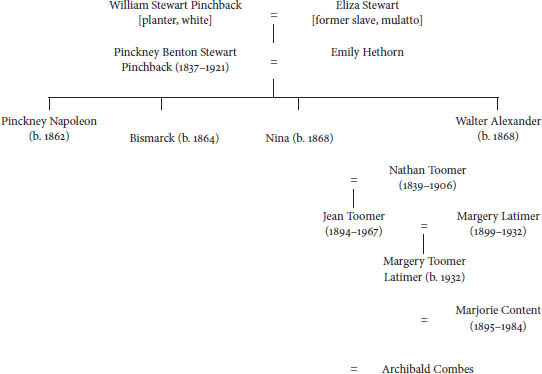
The Toomer Genealogy

The African American Dickson Genealogy
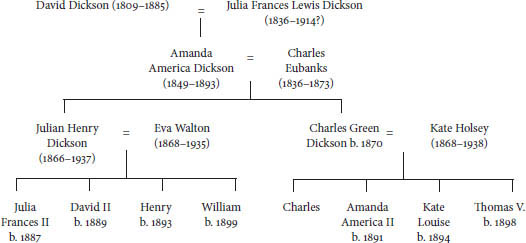
Introduction
In the literature of the Socialist movement in this country there is to be found a rational explanation of the causes of race hatred and, in the light of these, a definite solution, striking at the very root of the evil, is proposed. It is generally established that the causes of race prejudice may primarily be found in the economic structure that compels one worker to compete against another and that furthermore renders it advantageous for the exploiting classes to inculcate, foster, and aggravate that competition. Demagogues may storm and saints may plead, but America will remain a grotesque storm center torn by passion and hatred until our democratic pretensions are replaced by a socialized reality.
Jean Toomer, Reflections on the Race Riots
It is a symptom of weakness when one must bring God, equality, liberty, and justice to ones support. It follows that the working classes, particularly the dark-skinned among the working classes, are still weak. Witness Russia. The Bolsheviks no longer say, We do this because it is just, but because it is just under the circumstances, i.e., expedient. Because it furthers our purpose, this purpose being to remain in powerat whatever cost.
Next page
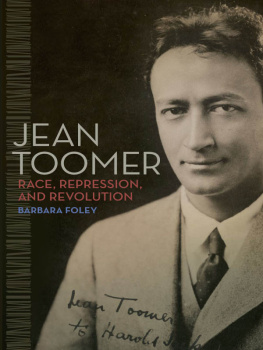

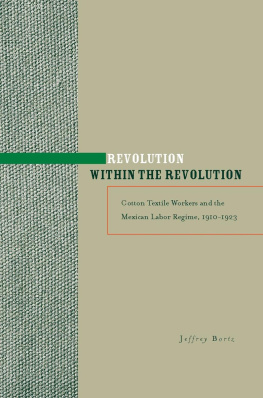
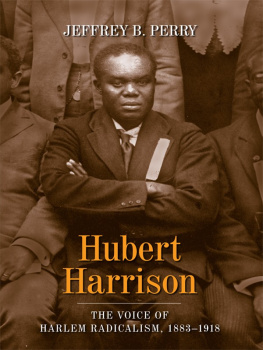
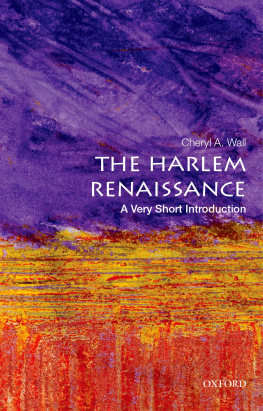
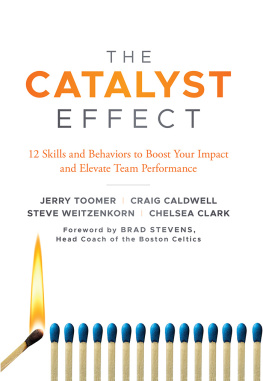
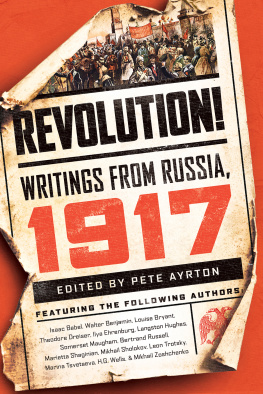
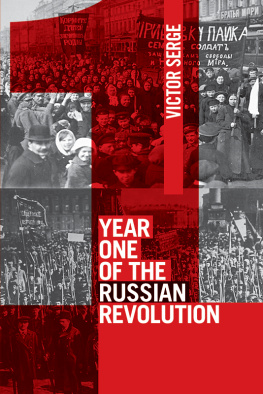



 This book is printed on acid-free paper.
This book is printed on acid-free paper.

